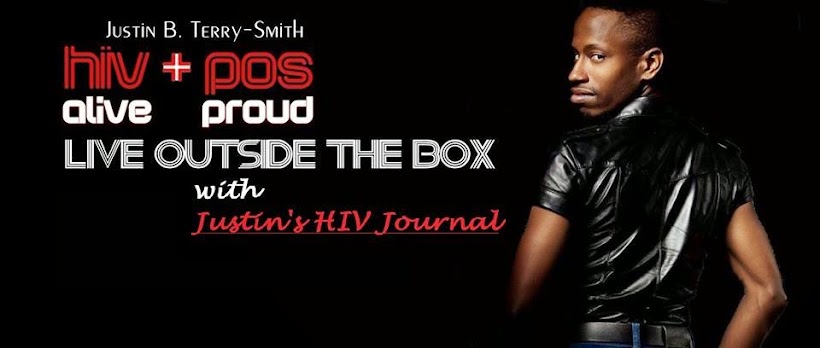U.S. federal health agencies on Tuesday recommended pausing
the use of Johnson & Johnson's COVID-19 vaccine for at least a few days
after six women under age 50 developed rare blood clots after receiving the
shot, dealing a fresh setback to efforts to tackle the pandemic.
Johnson & Johnson (J&J) said it would delay rollout
of the vaccine to Europe, a week after regulators there said they were
reviewing rare blood clots in four recipients of the shot in the United States.
Acting U.S. Food and Drug Administration Commissioner Janet
Woodcock said the agency expected the pause to be a matter of days, and was
aimed at providing information to healthcare providers on how to diagnose and
treat the clots.
The moves come after European regulators said earlier this
month they had found a possible link between AstraZeneca's COVID-19 vaccine and
a similar rare blood clotting problem that led to a small number of deaths.
J&J's single-dose shot and AstraZeneca's low-cost
vaccine are seen as vital weapons in the fight against a pandemic that has
claimed more than three million lives. But in the United States, vaccines from
Moderna Inc and Pfizer Inc/BioNTech SE have accounted the vast majority of
vaccinations so far.
Immunology experts echoed U.S. officials in underscoring
that the risk posed by the J&J vaccine appeared extremely low, and it
remained a valuable tool against the risks of COVID-19.
"Even if causally linked to the vaccine: 6 cases with
about 7 million doses ... is not something to panic about," Dr. Amesh
Adalja, an infectious disease expert at the Johns Hopkins Center for Health
Security in Baltimore, said in an email, noting that the risk appears lower
than the risk of clots from oral contraceptives.
"People are asking me if they should cancel their
J&J vaccine appointments and I have told them not to but I know many will
and this will stall progress in controlling the pandemic," he added.
The FDA said there had been one reported death from the rare
blood clotting condition among recipients of the J&J vaccine, while another
person was in a critical condition.
FDA official Peter Marks said it was "plainly
obvious" the J&J cases were "very similar" to the
AstraZeneca ones.
However, officials said there had been no similar blood clot
cases reported among recipients of the Moderna or Pfizer/BioNTech vaccines,
which use a different technology.
The White House said the J&J vaccine pause would not
have a "significant" impact on its plan to administer about three
million shots per day and a total of 200 million before President Joe Biden's
100th day in office.
Marks said part of the reason for the pause was to warn
doctors that administering the standard treatments for clots can cause
tremendous harm, or be fatal.
BALANCE OF RISKS
J&J's vaccine rollout has been limited by production
issues. As of April 12, more than 6.8 million doses of the J&J vaccine had
been administered in the United States, representing about one reported blood
clot case per million people.
An advisory committee to the U.S. Centers for Disease
Control and Prevention (CDC) will meet on Wednesday to review the cases, and
the FDA will review the analysis, the agencies said in a statement.
All six cases involved women between the ages of 18 and 48,
with symptoms occurring six to 13 days after vaccination. The FDA said symptoms
can arise three weeks after the shot and include severe headache, abdominal
pain, leg pain or shortness of breath.
In the cases, a type of blood clot called cerebral venous
sinus thrombosis (CVST) was seen in combination with low levels of blood
platelets, or thrombocytopenia.
J&J, whose shares were down 2%, said it was working
closely with regulators and noted no clear causal relationship had been
established between the clots and its vaccine.
"To put this into perspective, it's similar to the
chance of being struck by lightning in any given year in the UK. On the other
hand, the risks from COVID-19 are substantial," said Ian Douglas from the
London School of Hygiene & Tropical Medicine.
"If all 6.8 million people who've received the J&J
vaccine in the U.S. were infected with the virus, several thousand would likely
die and many more, including younger adults, would experience serious and
long-lasting after effects."
PROBLEMS
The J&J and AstraZeneca vaccines both use an adenovirus
vector - a harmless cold virus - to deliver instructions for human cells to produce a protein found on the
surface of the coronavirus, spurring the immune system to recognize and attack
the actual virus.
Among leading global COVID-19 vaccine developers, China's
CanSino Biological and Russia's Gamaleya Institute with its Sputnik V vaccine
also rely on this approach. The Pfizer/BioNtech and Moderna vaccines use
messenger RNA (mRNA) technology.
The European Medicines Agency (EMA) continues to
recommend use of AstraZeneca's COVID-19
vaccine, saying the benefits outweigh the risks. Several EU countries, however,
have limited its use to certain age groups.
As of April 4, the EMA said 169 cases of CVST and 53 of splanchnic
vein thrombosis had been reported after vaccination with the AstraZeneca shot.
About 34 million people had been given the shot in Europe by then.
J&J only began delivering its COVID-19 vaccine to
European Union countries this week.
(Reporting by Manas Mishra in Bengaluru and Michael Erman in
Maplewood, N.J., additional reporting by Julie Steenhuysen in Chicago, Ludwig
Burger in Frankfurt and Kate Kelland in London; Editing by Caroline Humer, Mark
Potter and Bill Berkrot)
